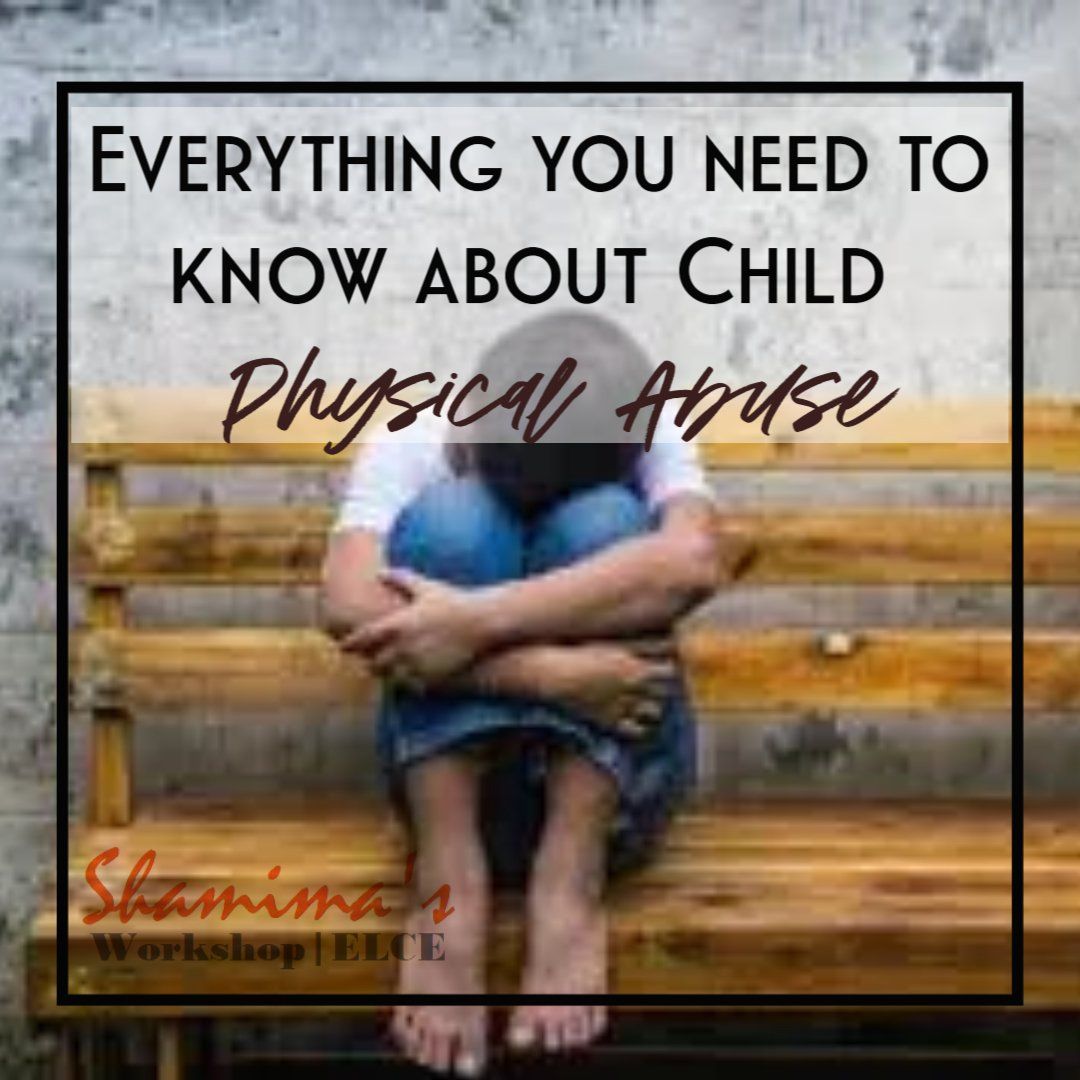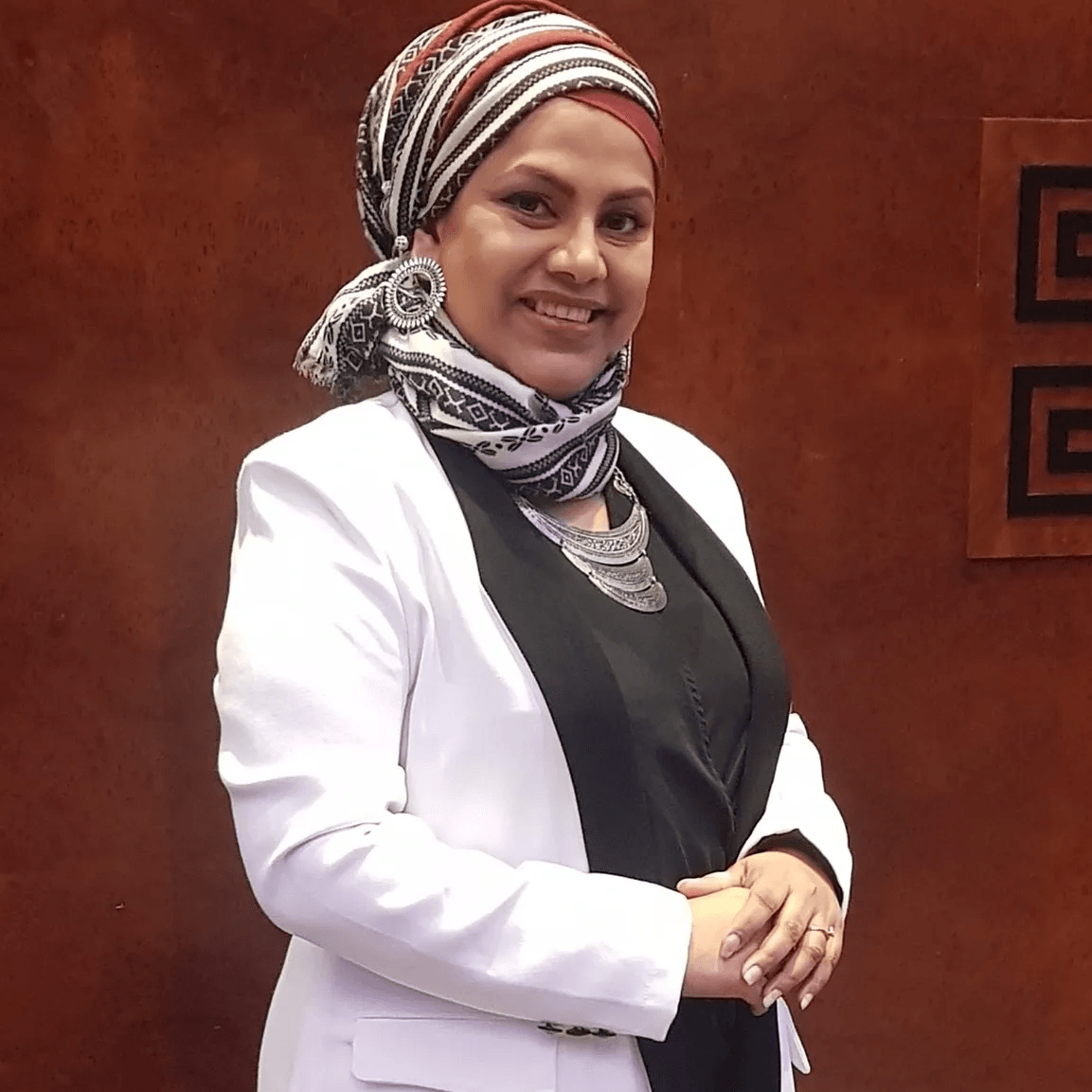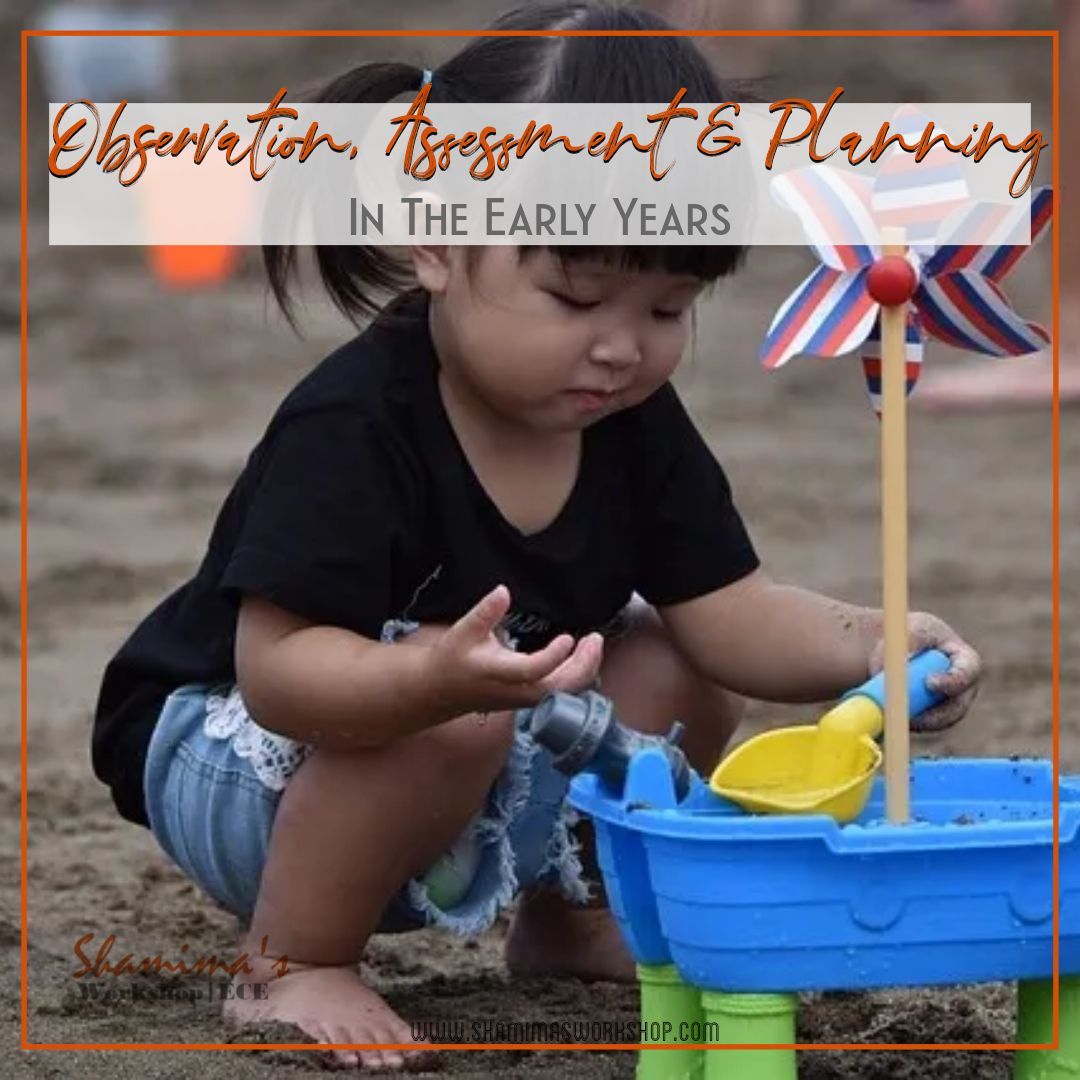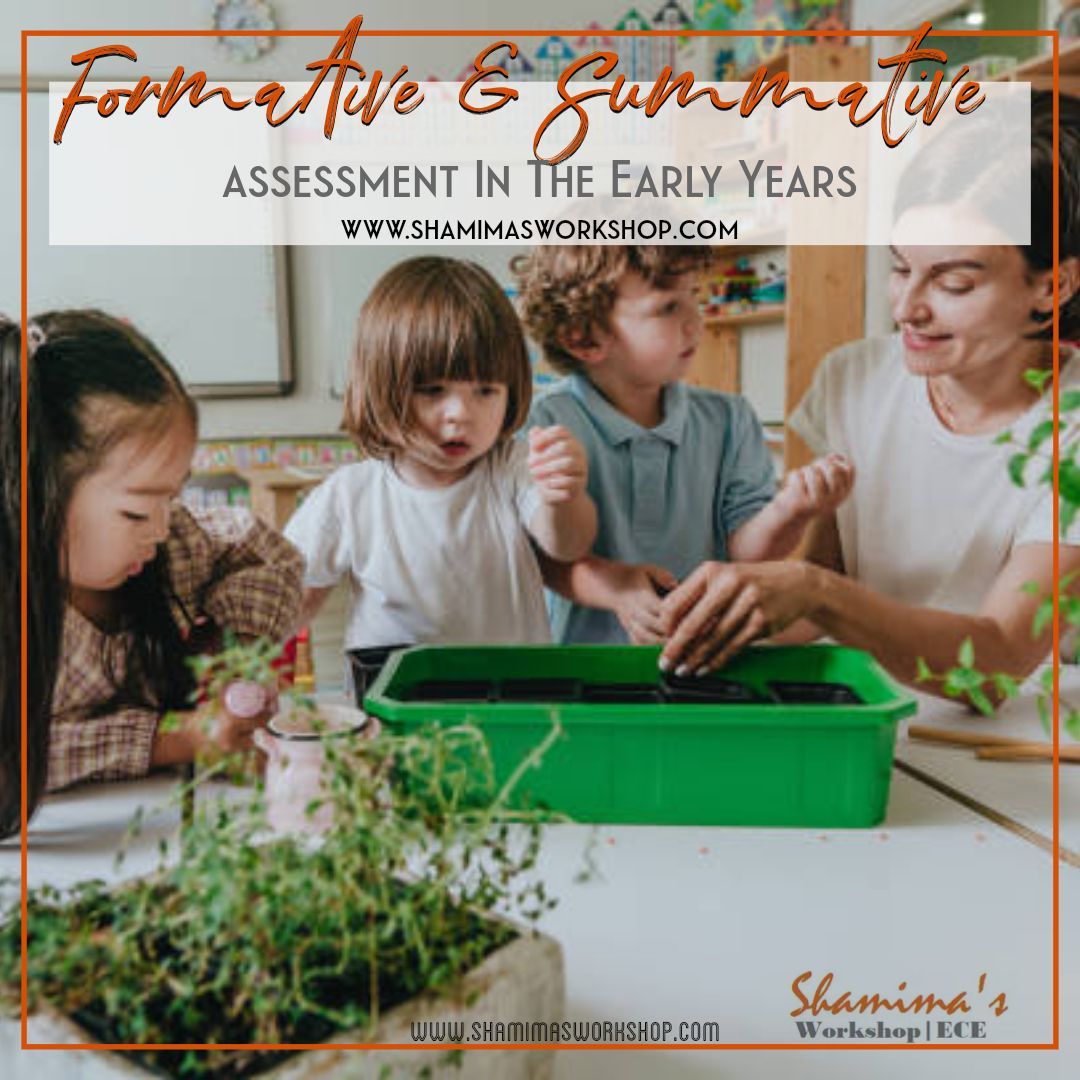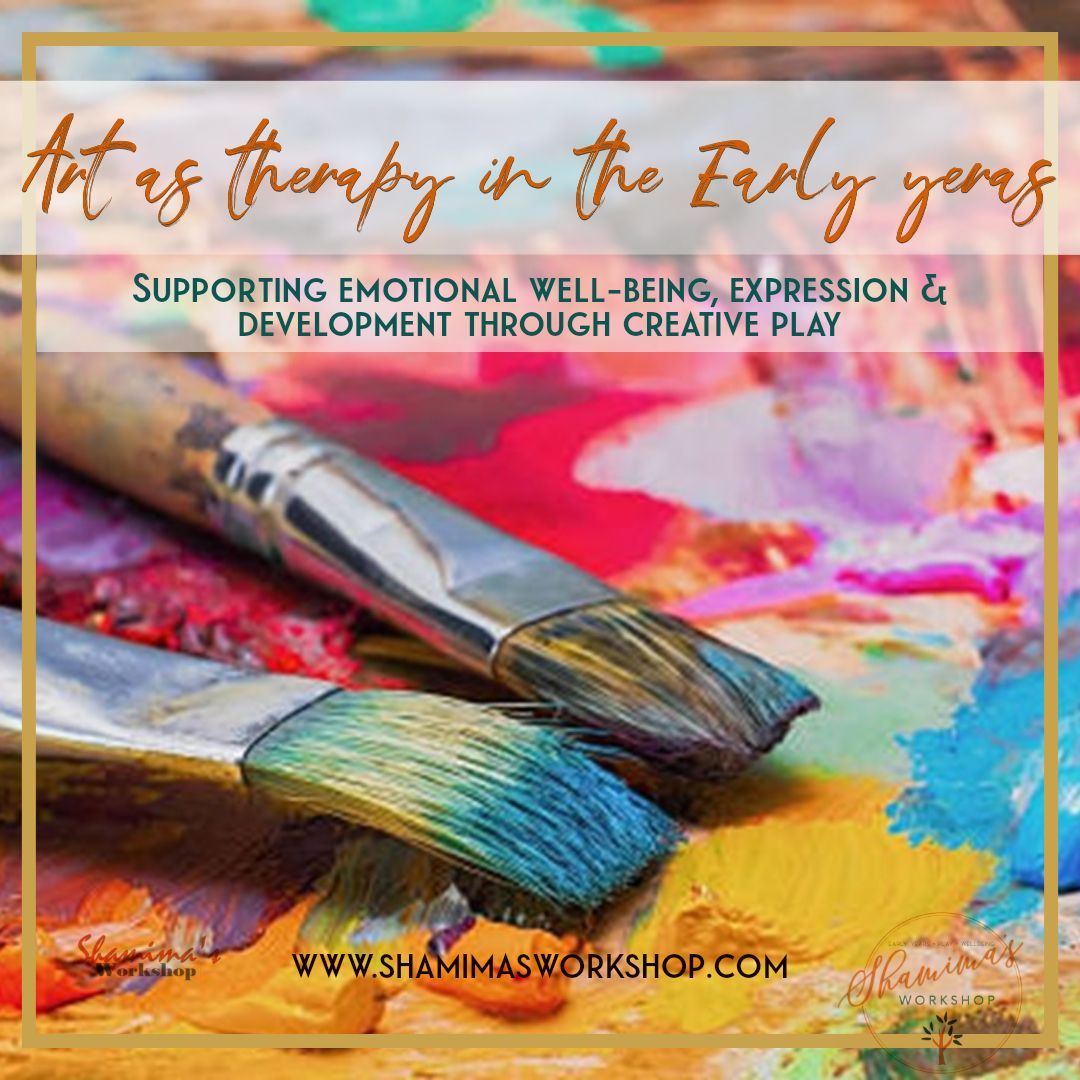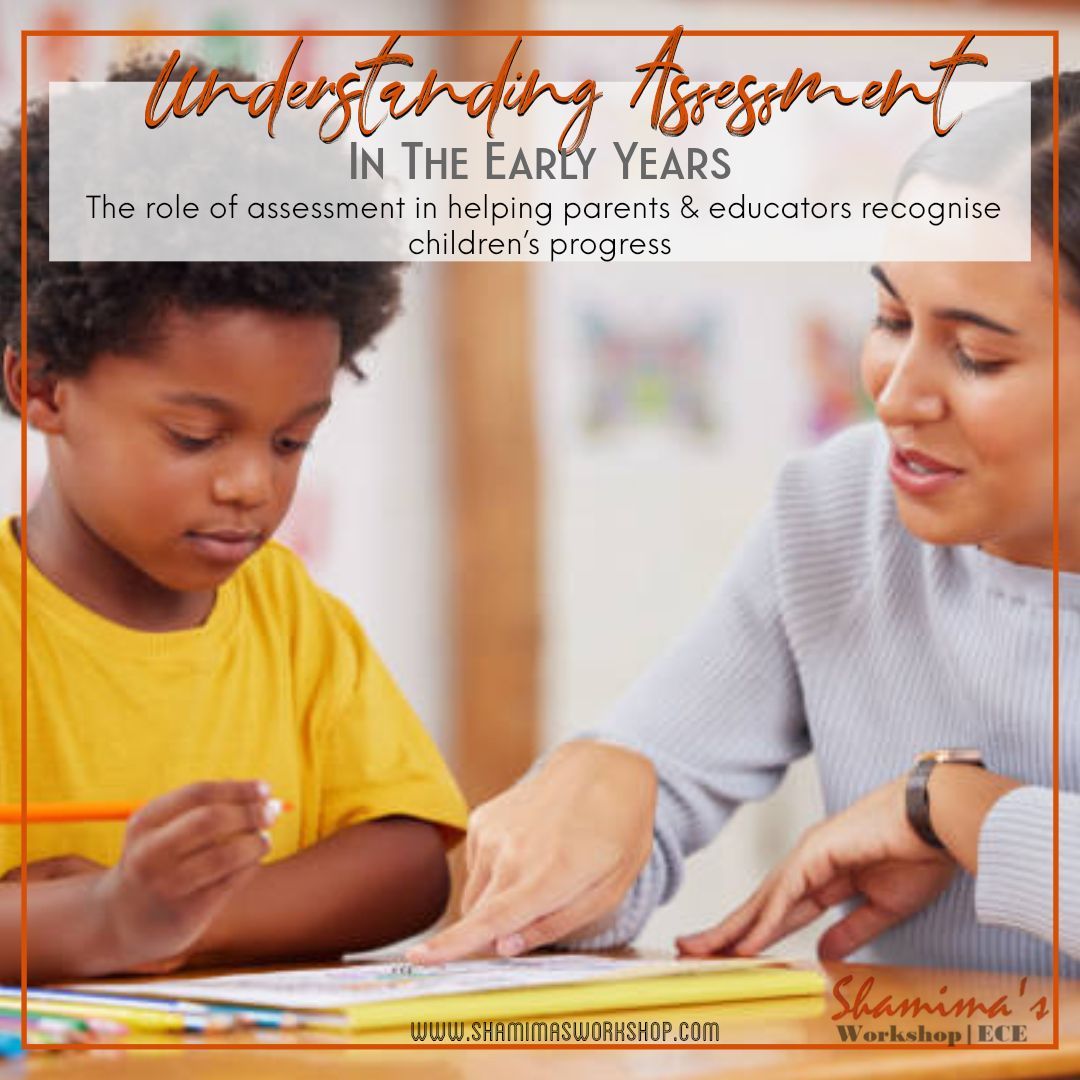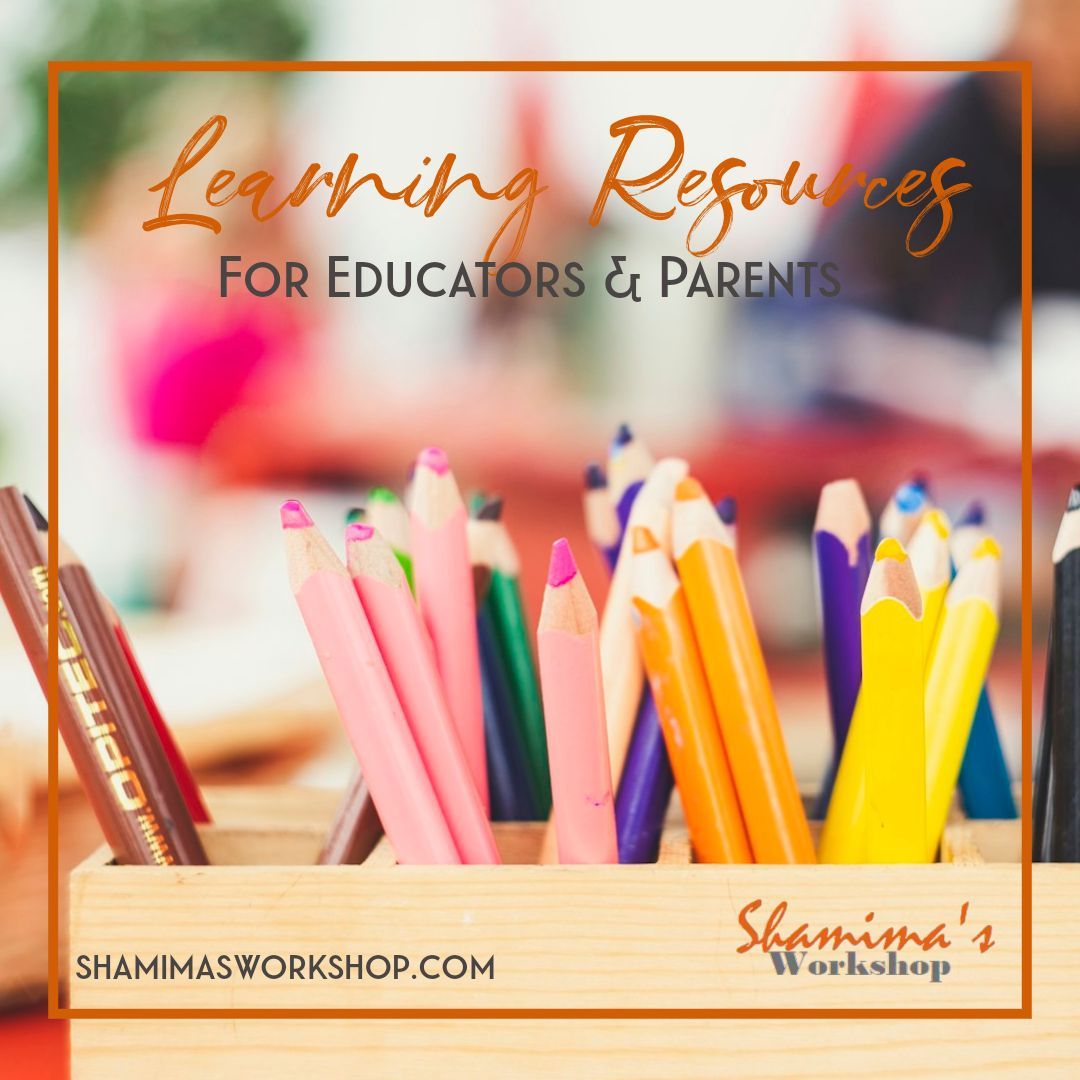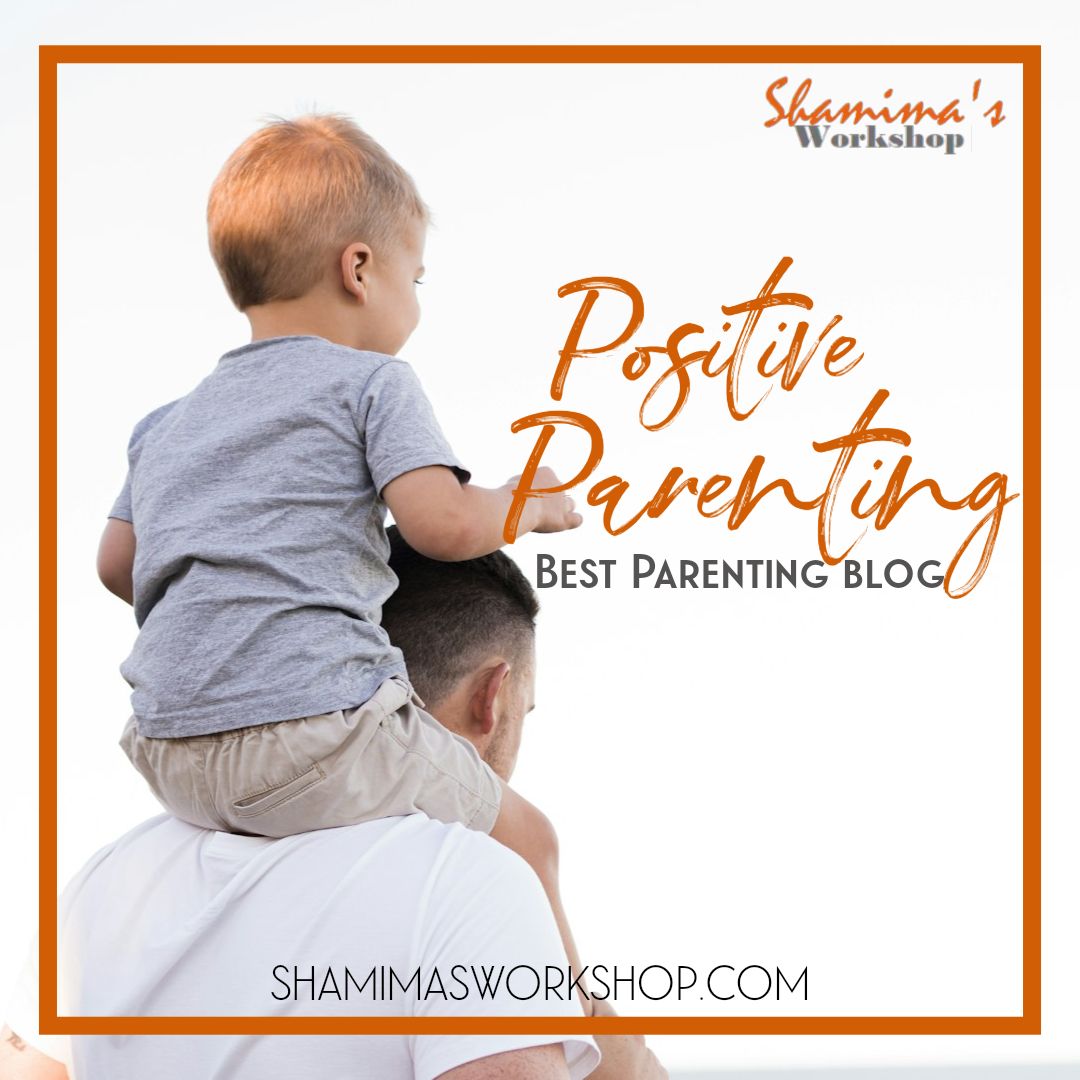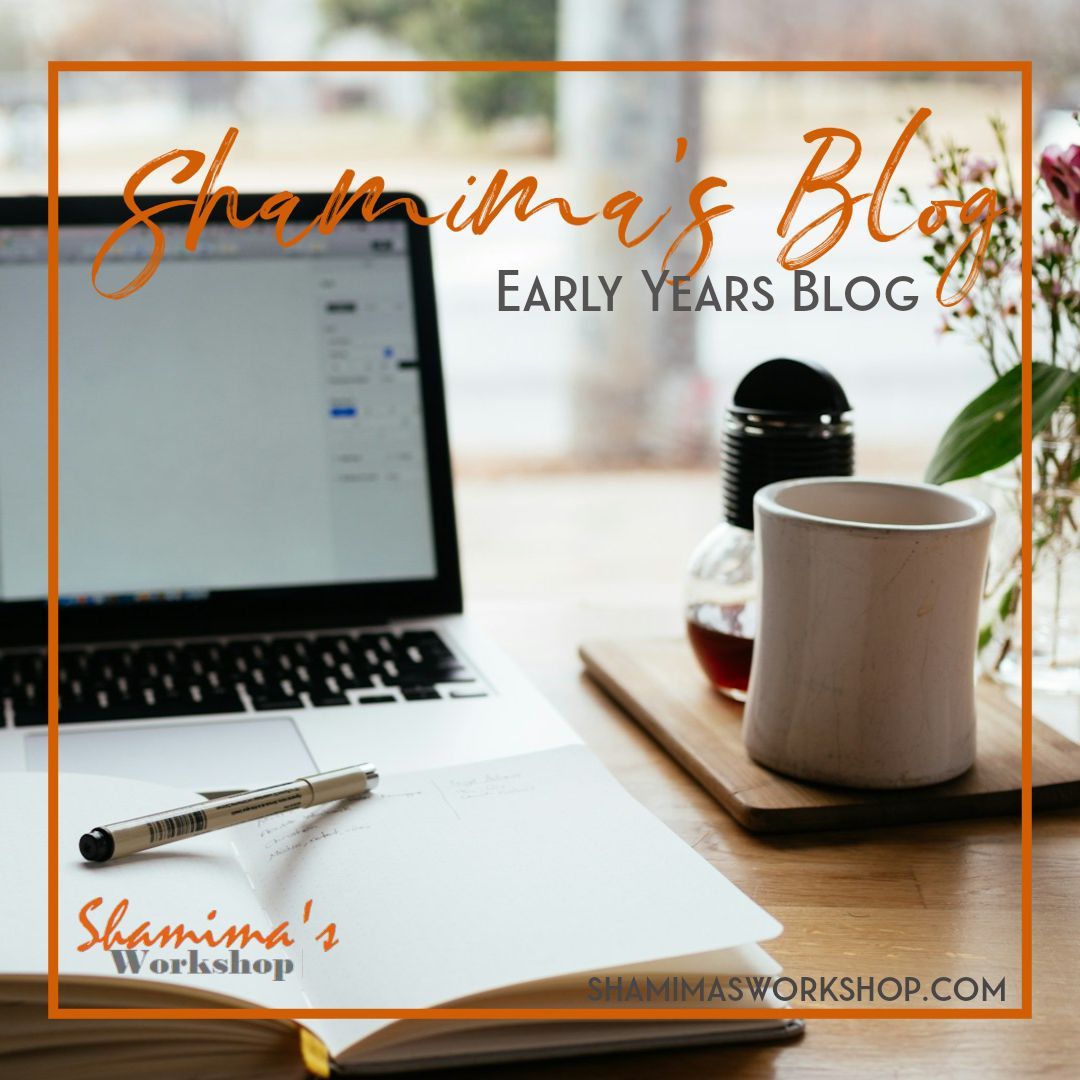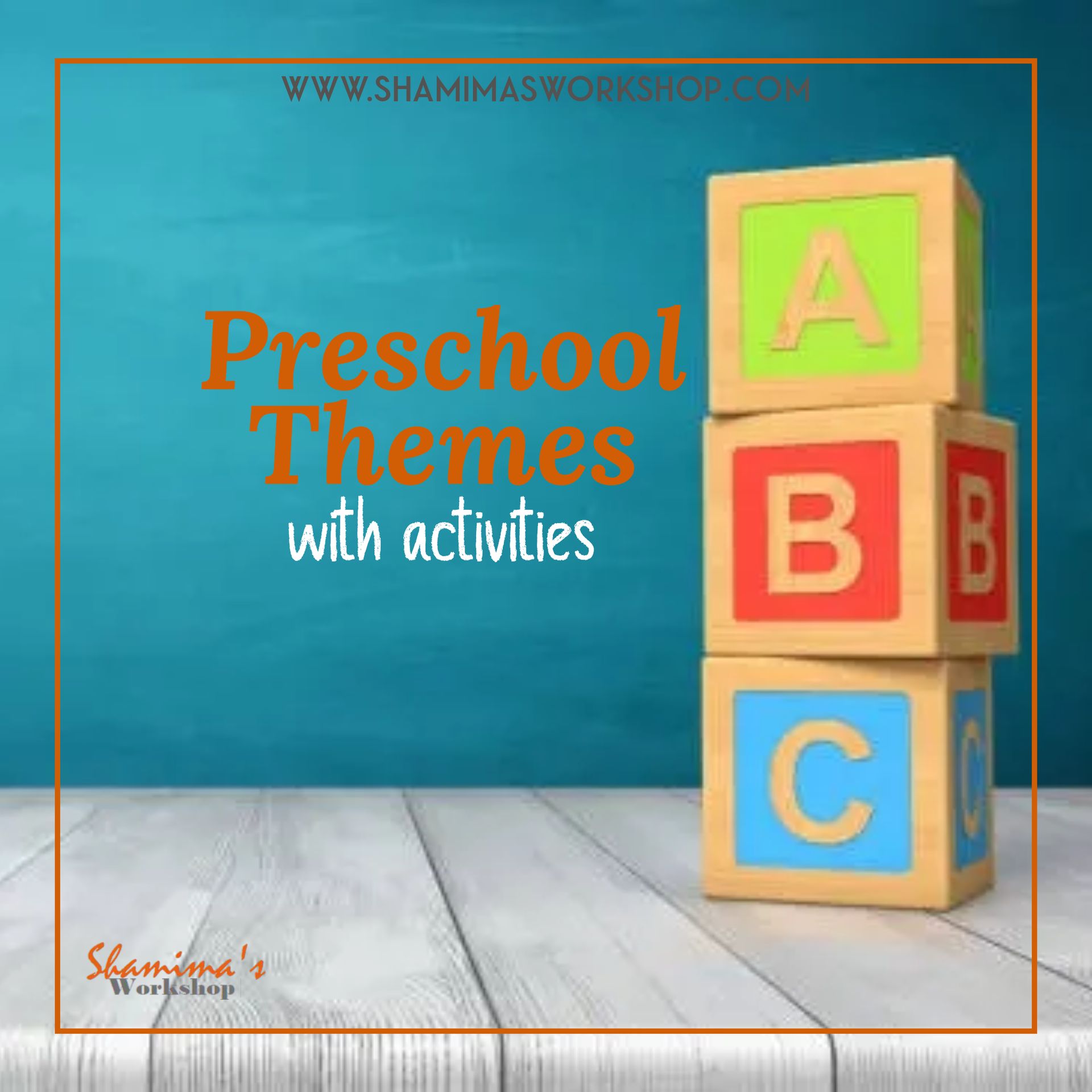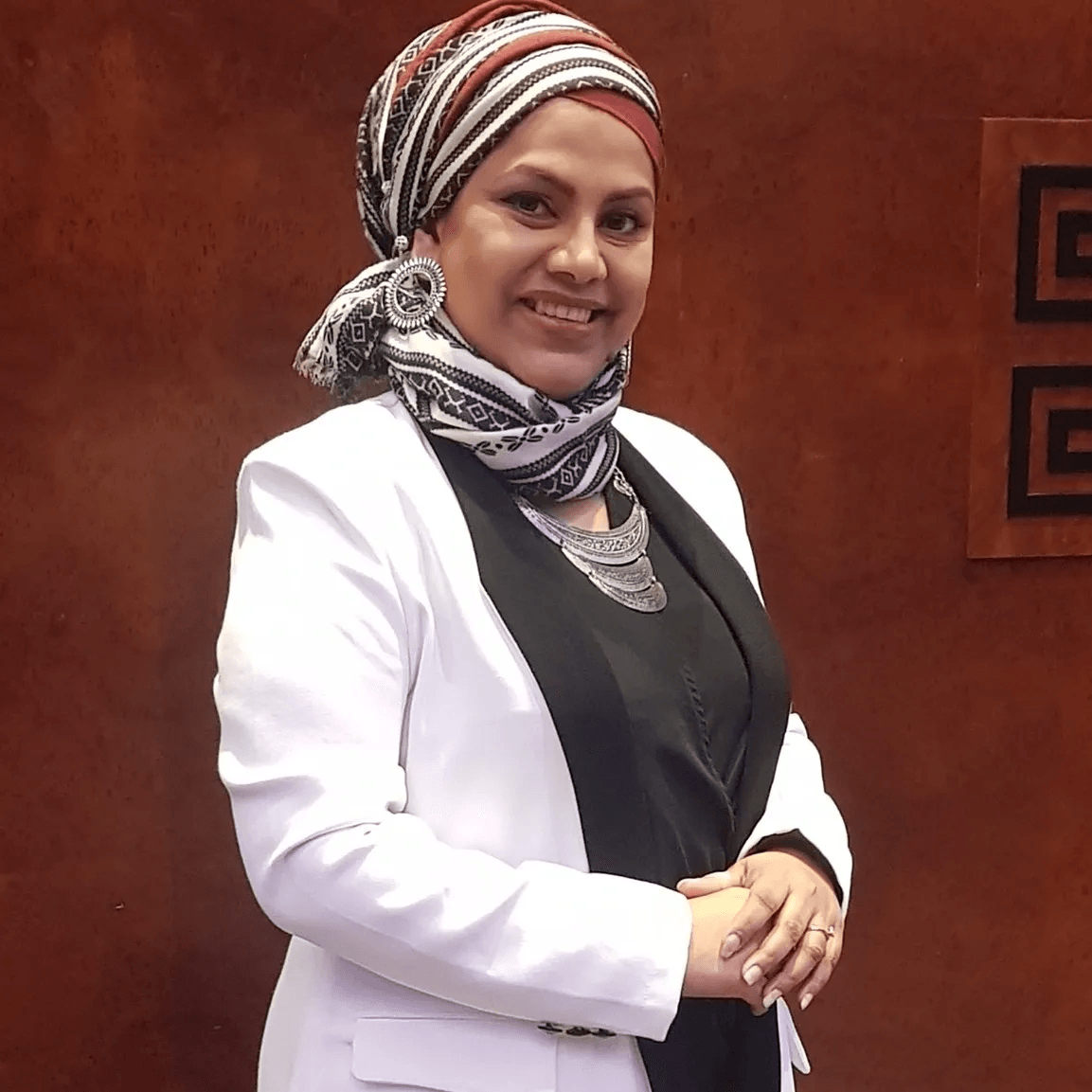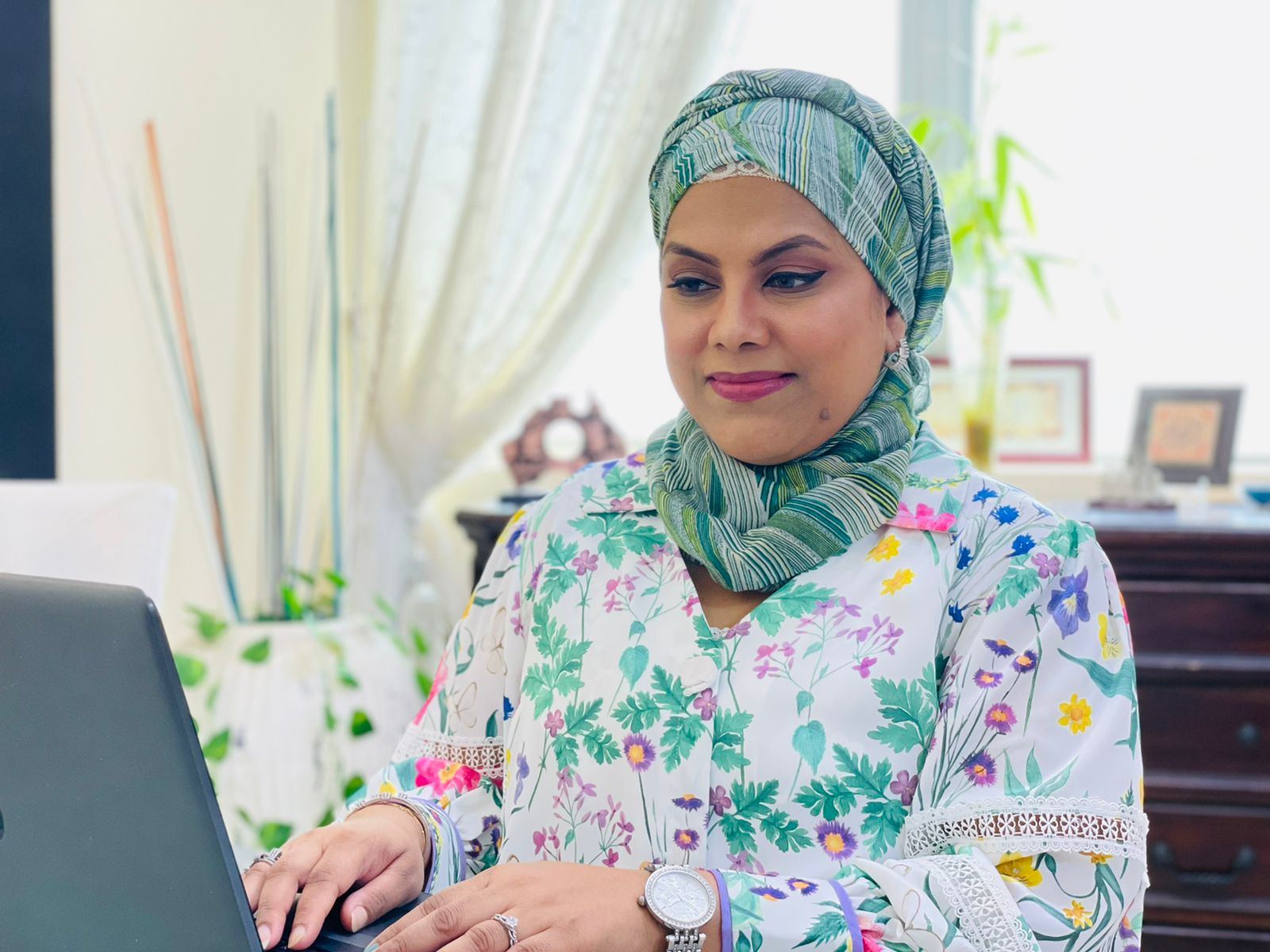By observing, the practitioner might be able to identify what might not be going well with a child at a particular time. But there is always the problem of how to communicate what the issue might be to the parents, because they might be scared of what the consequences might be. No matter what the case may be, it is very necessary to be able to identify those concerns and be able to report them to the proper quarters, for necessary intervention measures to be taken for the child’s safety and protection. We will be looking at some of the signs and symptoms, indicators and behaviors that might be red lights or indicators of the Physical abuse for children.
Physical abuse
of a child is the non-accidental physical infliction child injury. The act is considered physical abuse even though the injury was not intended. The injury from physical child abuse may be the result of :
beating, slapping or hitting
pushing, shaking, kicking, or throwing
pinching, biting, choking, or hair-pulling
burning with cigarettes, scalding water, or other hot objects
severe physical punishment
Many children are physically abused each year by someone close to them. Physical punishment is used for the purpose of correction or control. It is the use of physical force with the intent of infliction bodily pain, but not injury, so it can easily get out of control and become physical abuse.
Signs of Physical Abuse
Indications that Physical abuse can occur include the following but it is important to remember that they are not always indicators of assault and for certain reasons, they can occur.
- grasp mark, bite mark
- brushes to the soft part of the face.
- unexplained black eyes, broken bones
- burn, especially from cigarettes, that can be explained.
- injury marks that have a pattern like a hand, belt or other objects
- injuries that are at different stages of healing
Behaviour signs of Physical child abuse
- a child can not remember or explain injuries,
- withdrawal and aggression
- fear or nervous around adult
- flitches if touched
- afraid to go home.
Moreover, more than 28% of adults reported that they experienced physical abuse as children. The age at which the abuse takes place influences the impact of the damage. Infants who are physically abused will likely experience long-term physical effects and neurological alterations e.g. irritability, tremors and vomiting. In serious cases where abuse was more force full, the infant may experience permanent blindness or deafness, mental or developmental delay, paralyse.
According to research, it has seen children who are physically abused are greater risk at their adulthood for mental illness, homelessness, crime, and unemployment. All of these affect the community and society.
